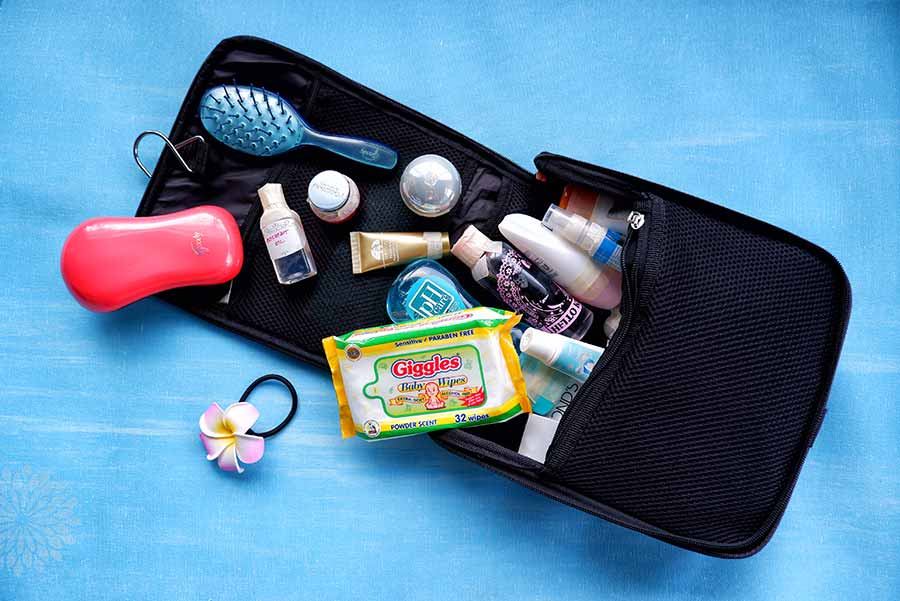When traveling, a travel kit is something that cannot be left behind. Rather than creating a kit that can potentially harm the environment, why not try to make it eco-friendly?
Here are some of the useful tips for an eco-friendly travel kit:
Choose Ocean-Friendly Sunscreens
In the past year, it has been found out that sunscreens can create harm to the surrounding wildlife. Yet going on vacation without sunscreen can create health concerns such as sunburn and skin cancer. Protect the environment by being more careful of choosing sunscreen products. Ingredients you should avoid include Oxybenzone (used in over 3,500 different sunscreens worldwide), Octinoxate / Octylmethoxycinnamate (used in ‘long lasting suncremes), Octocrylene, 4-mehtylbenzylidene: 4MBC, Octisalate, Homosalate, Avobenzone, and ethylhexl methoxycinnamate.
DIY Sunscreen: Alternatively, you can also choose to make you own sunscreen, free from preservatives or harmful chemicals. All you need to prepare are your preferred oil mixes ranging from vegetable oil to essential oils (jojoba oil is said to be particularly good for the skin), and some sun protection such as zinc or titanium dioxide. For every percent of zinc or titanium dioxide, you will gain about SPF 2. Therefore, a mix of about 10% zinc and 90% oils produces a sunscreen with SPF 20.
Chemical & Plastic-Free Toiletries
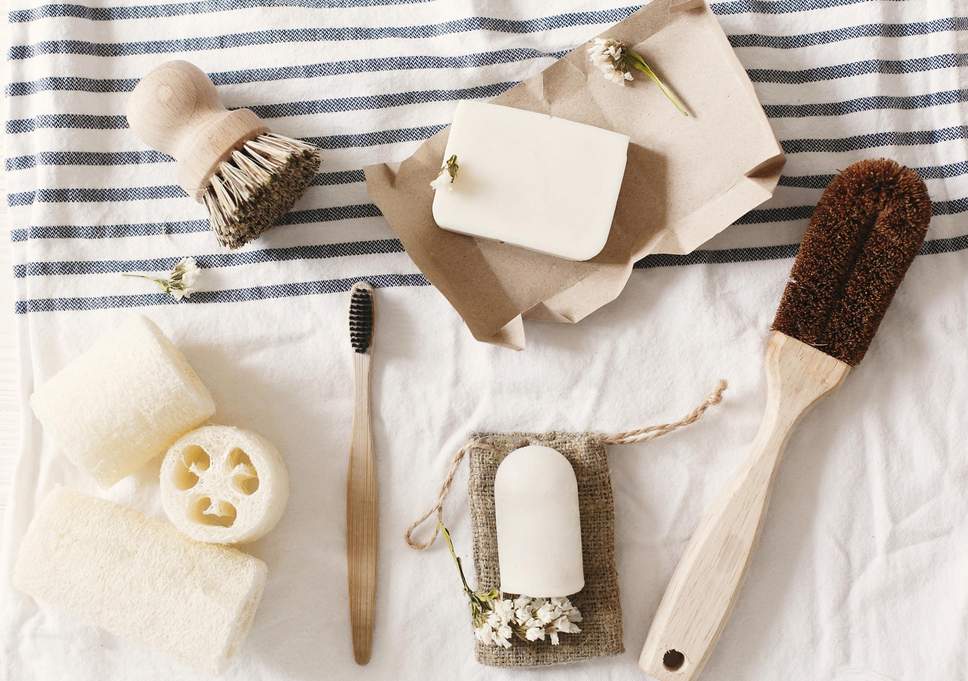
Toiletries are also something that many of us miss but yet there are many opportunities that we can improve on it. From the unrecognizable ingredients that we cannot decipher (which may potentially endanger us!) to plastic material that is non-biodegradable, toiletries can create change to our environment if we were to make changes.
Solve this issue by creating your own toiletries:
DIY toothpaste: Take some baking soda, coconut oil and charcoal. Alternatively, you can add some peppermint or eucalyptus for a more ‘toothpaste’-ish feel.
DIY shampoo: Mix vinegar and water.
DIY Conditioner: Using plant based oils such as coconut oil, olive oil, argan oil will give nutrition but also soften hair.
Mouthwash: Oil-pulling is a technique in which you clean your mouth using oil. Although coconut oil is generally used, you can try other oils if you are comfortable with it. Swish it in your mouth for 20 minutes and you will have fresher breath and whiter teeth. Use certified coconut oil or cold pressed local coconut oil for increased effectiveness and least environmental impact on production.
Deodorant: Mix some baking soda and water to create a paste. Apply on your armpits after a shower and leave to dry before putting your clothes on.
Facial serum: Applying facial serum on your face can moisturize your face instead of a moisturizers. Choose a type of oil that suits your skin from jojoba oil, rose oil or coconut oil.
Facial wash: Just by mixing water and oates, you will be able to create a paste to clean your face without drying it out.
Mosquito repellent: lemongrass, citronella, tea tree, eucalyptus, and cinnamon are some of the essential oils you can use to keep the mosquitos away.
Ear infection prevention: There are times when snorkeling can cause ear infection or swimmers ear. Prevent this by putting 25% vinegar and 75% water into your ears after swimming.
Antiseptic solution: Tea tree oil has been proven to be a great antiseptic for cuts, bites and weird bumps.
Reduce, Reuse, Recycle
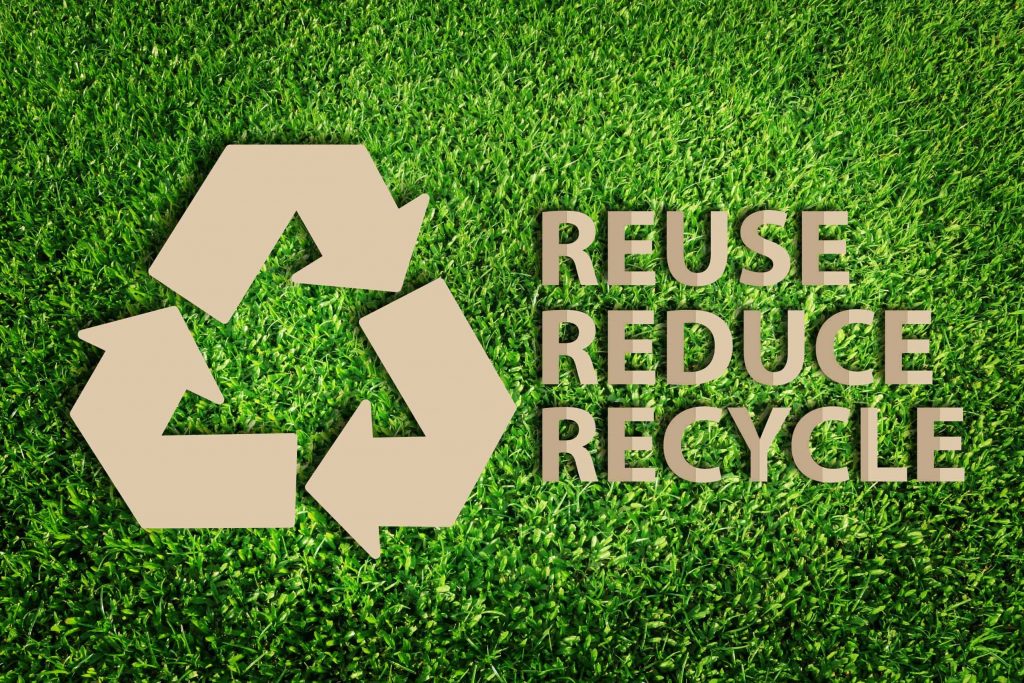
There are several ways to become eco-friendly, even while using non-biodegradable items in your travels. First, you can choose items that have been reused before. Not only will you be able to reduce waste of buying a new tech item, but you will also reduce the cost of your travels. The next thing would be to reuse all your things. Items like water bottles and plastic containers are something that can repeatedly be used again and again.
Other than that, be aware of buying travel sized products. These can be harmful to the environment as it creates waste faster. It will be much better to buy small containers that can carry your daily products. You save money on buying new products and there are less waste going to the bin!
Use eco-friendly and biodegradable containers
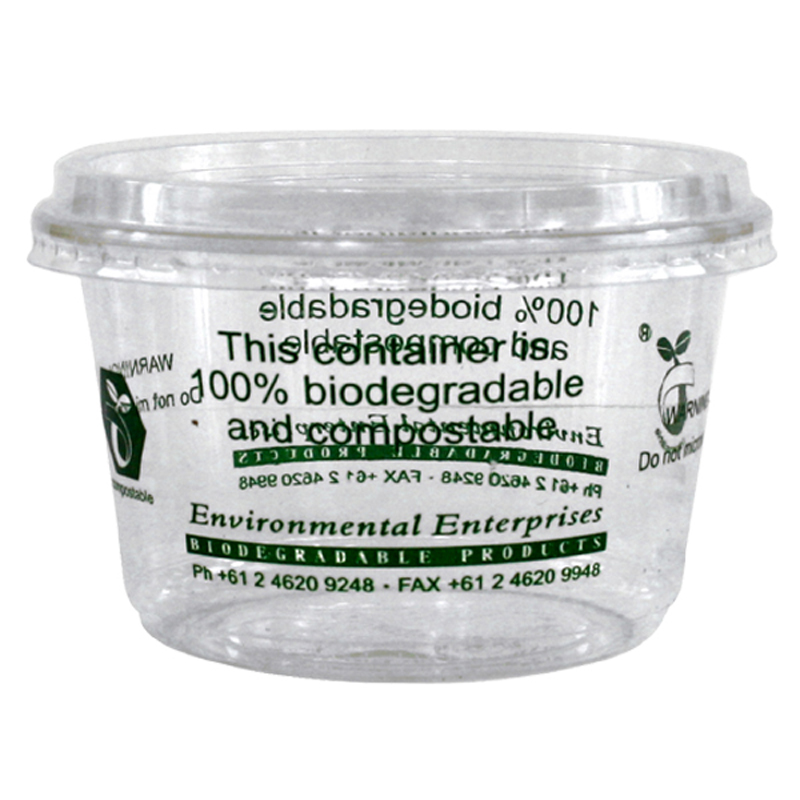
As much as you are trying to be eco-friendly by using biodegradable items or items that are close to nature, sometimes the packaging poses a problem for the environment itself. Ever thought about the plastic wrappings of supermarket snacks, or the bottle of shampoo that you have thrown away last week? When combined, your plastic waste can be an insurmountable mountain of junk that will take YEARS to break down.
What’s more, using plastic can be unavoidable when you are travelling since the food you eat and the products you use are covered in plastic. Become more eco-friendly by limiting the use of disposable plastic containers. You can do this by bringing biodegradable containers for your travels from lunch boxes, water bottles to bamboo toothbrushes.
Make Smart Shopping Choices

Purchasing items from local providers can help benefit the environment. In big businesses, there are various chains that had to be passed through for the product to reach the your hand. Local providers, on the other hand, have a much more shorter travel. Doing this ensures that you are saying no to oil drilling, carbon emissions and a cleaner way of life. By simply choosing from which business you want to buy, you will be able to minimize the energy used to make the product, the energy cost of transportation and the amount of packaging.
When shopping, it is also important to follow two important rules in order to reduce waste. If you are shopping for things that have continuous use, it is much better to buy in bulk. Less material for packaging means less waste for the environment.
Second, buy things that are durable. Often we think about our budgets and think to purchase items that are cheaper. On the contrary, this will affect us negatively. Non-durable items get broken easily, in which the items will get thrown out much more faster, resulting in a higher amount of waste.
Be aware of labels
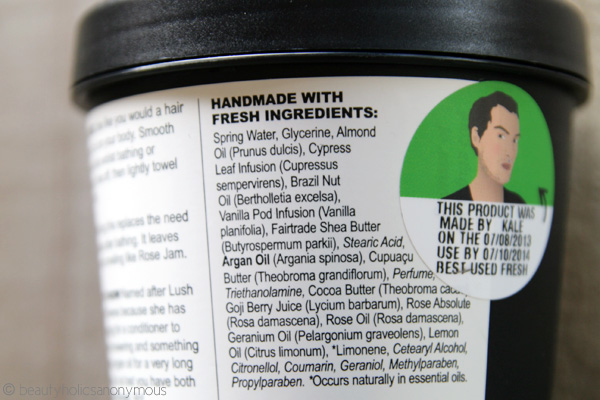
Do not be fooled by labels such as ‘eco-friendly’, ‘sustainable’, ‘organic’ or ‘green’. Most of the time, brands will attach these words to their product without meaning it at all. Even certifications are something that you should be careful with. One thing that you should look out for are corporations that are certified B-corporations, which uses business as a force for social, environmental, and economic good. But to be entirely sure, you should read labels, read stories, ask questions, and find out.
Pack Light
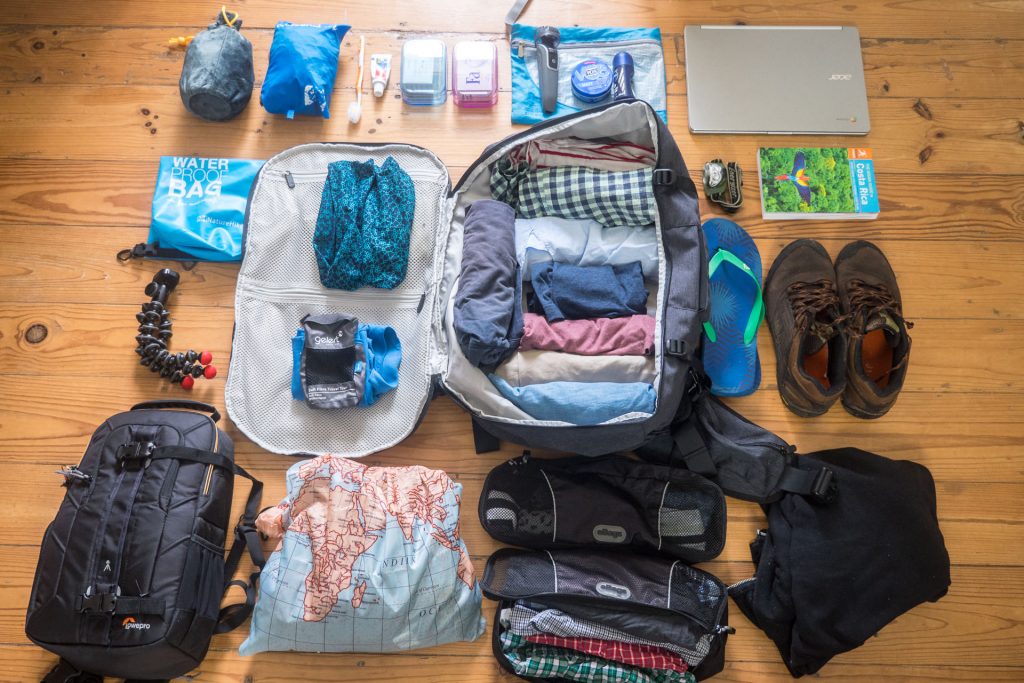
It may not seem like it, but packing a heavy baggage while travelling uses more carbon emission on your travels. Obstacles, difficulty are a sure thing when you are carrying a heavy luggage but it will also indirectly affect your carbon footprint.
A heavier luggage will weight down the plane and cause it to use up more fuel. With every transport used on your travels, then the higher amount of fuel will be used to carry your luggage. Packing your bare necessities will reduce your carbon footprint for the entirety of the trip.
Travel kits may be the least of our worries when trying to become eco-friendly as there are many things to improve on, but it can be a good start. Becoming more aware of the things that you can change and improve is one of the ways where you can create positive change to the world around you.
Do you have any tips to becoming more environmentally friendly? Share with us in the comments down below!

